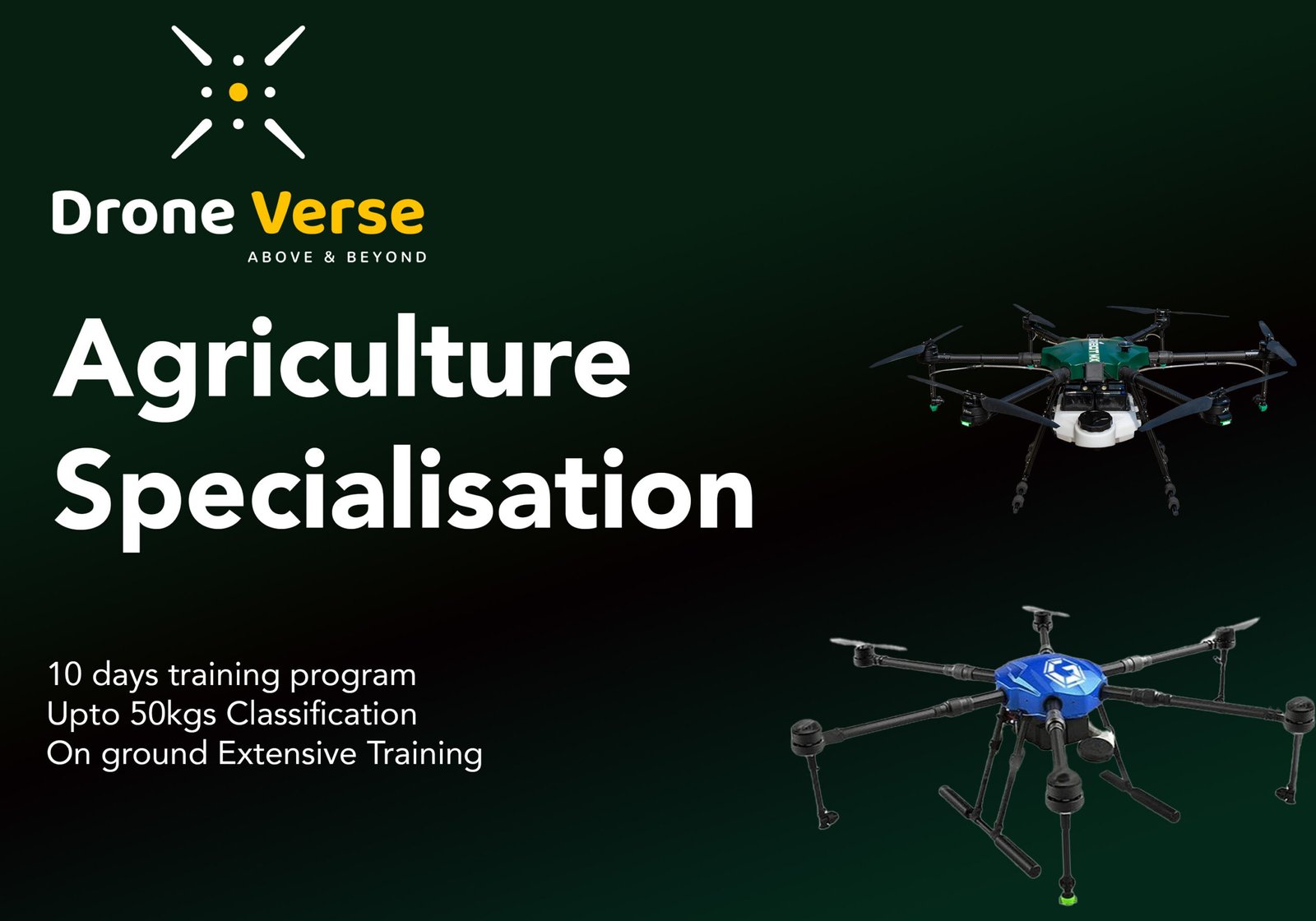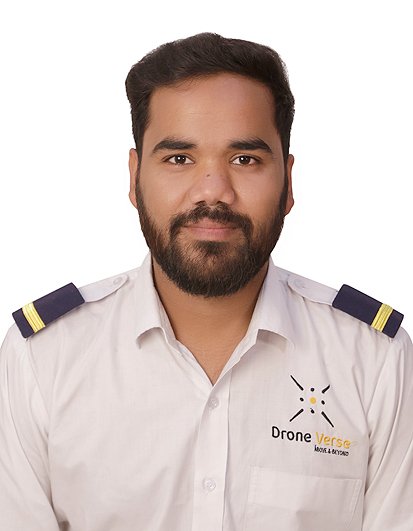



An innovative thinker, pioneering cutting-edge techniques and methodologies in drone technology, enriching our curriculum with forward-looking insights
This comprehensive course is designed to equip individuals with the knowledge and skills required to become DGCA Certified Agri Drone Pilots. Participants will gain expertise in drone operation, aerial data collection, and precision agriculture techniques.

The government of India offers subsidies for agricultural drones through various schemes to encourage their use in farming. These agriculture drones help in enhancing precision agriculture, improving crop management, and reducing the cost of inputs like fertilizers and pesticides.
Here are some eligibility criteria for agriculture drone pilot training course-
Agricultural drones indeed are worth it, but their value depends on several factors such as the scale of your farm, the crops you grow, the type of farming you practice, and how well the drones are integrated into your operations.
The AG 365, a made-in-India Kisan drone, has been specifically designed for agricultural use to help reduce crop loss, minimize agrochemical usage, and improve both yield and profits for farmers.
The range of an agricultural drone can vary significantly based on the model, its design, and the type of operations it is intended for. The range generally refers to how far a drone can fly on a single battery charge, either in terms of distance (horizontal range) or flight time.
The maximum range of most agricultural drones is between 5 to 15 kilometers (3 to 9 miles) on a single battery charge, though high-end models can cover up to 20 kilometers (12 miles).
The minimum range can be as low as 2 to 3 kilometers (1 to 2 miles) for smaller, entry-level drones or drones with limited battery capacity.

Please fill in your information below
to enroll in the course.
Please fill in your information below
to enroll in the course.